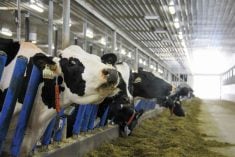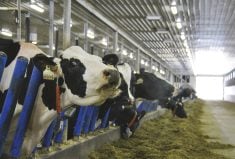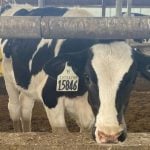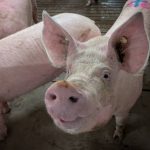A Manitoba cheese maker will become the first in Canada to produce a verified non-GMO product.
Bothwell Cheese has been awarded the voluntary label by the Non-GMO Project, a U.S.-based non-profit, for a new cheddar product line due out in 2017.
Mike Raftis, Bothwell’s vice-president of marketing, sales and communications, says the move comes in response to market demand from a rapidly segmenting food market.
“It’s not just a marketing ploy — consumers are asking for this,” Raftis told the Co-operator in a telephone conversation. “Bothwell Cheese has always produced unique products; it’s one of the important ways we’ve found to succeed. We produce artisanal products, flavoured cheeses, and now we’re going to produce a Non-GMO Project Verified product line. We’ve been around for 80 years because we’ve listened to consumers.”
Read Also
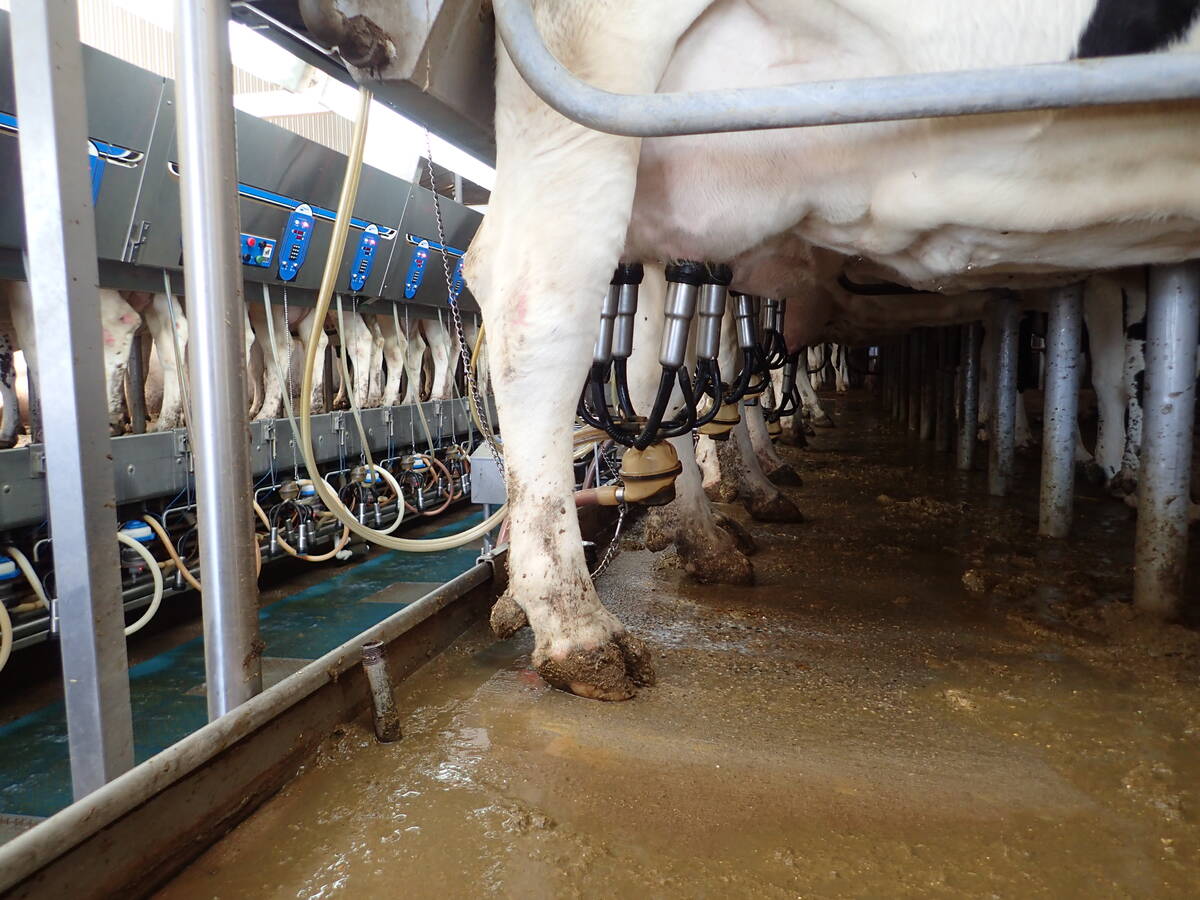
Manitoba dairy farmers not bothered by milk price freeze
Manitoba announced the 2026 freeze on retail milk prices for one-litre jugs on Jan. 13.
According to a 2015 Ipsos Reid Poll, 88 per cent of Canadians believe GMO labels should be made mandatory by the Canadian government, Bothwell said; 87 per cent said it should happen because they wanted to know exactly what was in the food they were eating.
Non-GMO Project verifications represent $19.2 billion in annual sales, and more than 39,000 verified products — numbers that prove the market pull is real, Raftis said.
In Bothwell Cheese’s case, the mark will signify the milk comes from cows fed non-GMO feed.
Dairy Farmers of Manitoba was an important partner in putting together the new launch, Raftis said. The group’s members agreed to meet the new standards and, just as importantly, to take steps to test and document they were being met.
“There will be testing of every load of feed, or for farms that produce their own feed, testing at harvest time, to verify they’re non-GMO,” he said. “We were able to work with the Dairy Farmers of Manitoba to make this happen.”
Expected
DFM chair David Wiens said members were supportive of the project even before it was officially proceeding.
A year ago, in anticipation of it, the organization’s members passed a motion at their annual general meeting that endorsed pursuing specialty markets.
“We are seeing more specialty markets for dairy products developing,” Wiens told the Co-operator earlier this week. “Our members were actually quite eager to move forward with this.”
Both he and Raftis said the question here isn’t whether conventional milk is in any way inferior or non-GMO products superior, but rather what consumers want.
“Milk from cows fed non-GMO feed is scientifically indistinguishable from conventional milk,” Wiens said. “We don’t want to in any way undermine conventional milk. When a GMO protein — say, from corn — is fed to a cow it’s completely broken down in the digestive process and the milk protein the cow creates is completely GMO free.”
Nonetheless, if cheese buyers view having cows fed non-GMO feed as important, they’ll respond to that — and other — market demands, he said.
“I think overall we’re going to see more of these specialty products in the future,” Wiens said. “A number of years ago we got our first request for organic milk and we put that request out to our members. Now we have grass-fed milk, which is similar but not identical to organic milk.”
The differentiation is also likely to creep into the ingredient side as well, as the Canadian dairy industry embraces an ingredient strategy to help offset the butterfat/milk protein imbalance.
“I think we’re going to see this differentiation in the protein market, even down to very specific isolates of milk proteins for very specific uses,” Wiens said.
“That’s not to say we’ll ever lose our conventional market for milk and milk products, but that these markets with very specific requirements will emerge, and I think pursuing these markets is the key to future growth.”





